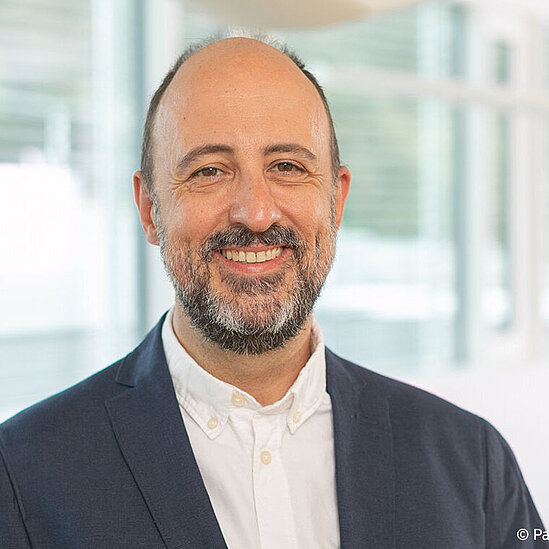TOX-Free
Description
Pre- and post-marketing drug data show that neurotoxicity and cardiotoxicity are often overlooked or underestimated in preclinical testing. Neurotoxicity and cardiotoxicity caused by contaminants such as pesticides and industrial chemicals are also difficult to assess. This leads to suffering for individuals and a significant burden on society. One of the main reasons for this is that currently available test methods have several shortcomings, including sensitivity, relevance to humans, and suitability for long-term non-invasive recordings.
This project will develop a revolutionary and completely non-invasive technology for recording in vitro electrical signals from human neuronal and cardiac cells. The high spatial resolution combined with parallel recording of electrical signal coordination and propagation between thousands of neurons or cardiomyocytes will enable the assessment and quantification of subtle perturbations caused by toxicants from pharmaceuticals, pesticides and industrial chemicals. Complete non-invasiveness will enable long-term functional in vitro monitoring of biologically relevant cell models for the first time, paving the way for reliable assessment of chronic toxicities.
The novel biosensor technology (VICE) will emerge from the efforts of nanotechnology developers in close collaboration with toxicologists and specialists in surface functionalization and electrophysiological data acquisition. With their combined expertise, the consortium will continuously refine the VICE biosensor with innovative functionalities and thoroughly test it in toxicological and pharmacological experiments. This will not only lead to a revolutionary approach to monitoring the functions of heart and braincells, but also ensure direct applicability to relevant questions in safety science and pharmacology. Ultimately, the project will enable the development of an entirely new class of biosensors based on the breakthrough concept of VICE relevance and suitability for long-term non-invasive recordings. This project will develop a revolutionary and completely non-invasive technology for recording in vitro electrical signals from human neuronal and cardiac cells. The high spatial resolution combined with parallel recording of electrical signal coordination and propagation between thousands of neurons or cardiomyocytes will enable the assessment and quantification of subtle perturbations caused by toxicants from the fields of pharmaceuticals, pesticides, and industrial chemicals. Complete non-invasiveness will enable long-term functional in vitro monitoring of biologically relevant cell models for the first time, paving the way for reliable assessment of chronic toxicities.
The novel biosensor technology (VICE) is the result of the efforts of nanotechnology developers in close collaboration with toxicologists and specialists in surface functionalization and electrophysiological data acquisition. With its combined expertise, the consortium will continuously refine the VICE biosensor with innovative features and test it in toxicological and pharmacological experiments. This will not only lead to a revolutionary approach to monitoring the functions of heart and brain cells, but also ensure direct applicability to relevant questions in safety science and pharmacology. Ultimately, the project stimulate the development of an entirely new class of biosensors based on the breakthrough concept of VICE.
Period:
01.06.2021 - 31.05.2024FKZ:
-Projectlead

Dr. Udo Kraushaar
Next Generation Cellular and Organotypic Assays
Senior Principal Scientist





